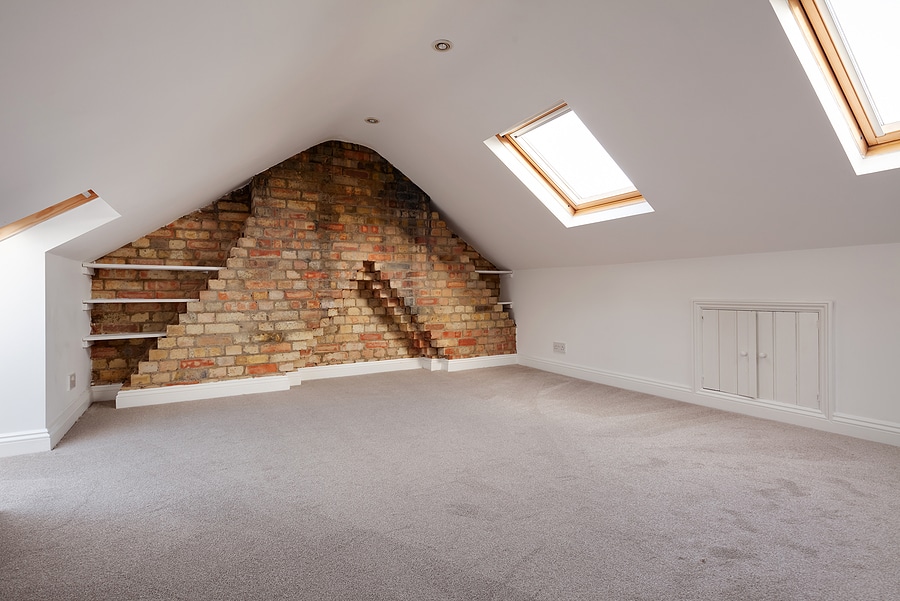Loft Conversion in Bristol: A Smart Solution in a Booming Housing Market

As Bristol continues to grow in popularity, homeowners are looking for innovative ways to maximize their living space. This is where a loft conversion can come into play, offering a unique solution to the city’s space constraints.
Table of Contents
The Bristol Housing Market: A Snapshot
In recent years, Bristol has seen a significant surge in property prices, driven by its desirability as a location for both professionals and families.
In the Bristol area certain postcodes have been rocketing up in value. Chew Valley saw one of the the biggest increase, properties in this area spiked by almost 20%.
The city’s housing market has been characterized by high demand and limited supply, leading to a situation where properties are being snapped up quickly
This trend has made it challenging for many to climb onto the property ladder in Bristol, leading existing homeowners to consider alternative ways to enhance their living spaces.
Loft Conversions: A Popular Home Improvement Choice
As in many UK cities, a loft conversion in Bristol is still a popular solution for locall homeowners – those looking to expand their living area, without the need to move house.
This home improvement option not only provides additional space but also can significantly increase the value of a property.
It’s certainly an attractive option for families needing extra bedrooms, individuals seeking a home office, or artists looking for a studio space.
Types of Loft Conversions
There are various types of loft conversions to consider, each with its unique features and benefits:
- Dormer Conversions: These are among the most popular in Bristol, involving an extension of the existing roof, creating additional floor space and headroom.
- Mansard Conversions: Typically seen in older, period properties in Bristol, these involve altering the structure of the sloping part of the roof to make it almost vertical.
- Hip-to-Gable Conversions: Ideal for semi-detached homes, this type transforms the sloping side of your roof into a vertical wall, often significantly increasing the usable space.
- Velux Conversions: The simplest and most cost-effective option, where Velux windows are installed into the slope of the roof, with minimal exterior changes.
Planning and Regulation For Loft Conversion In Bristol
Before embarking on a loft conversion in Bristol, you must consider the local planning permissions and building regulations.
While many loft conversions fall under ‘permitted development’, some will require planning permission, particularly in conservation areas or for larger alterations.
It is crucial to consult with local authorities or a professional loft conversion company to ensure compliance with all regulations.
Environmental Impact and Energy Efficiency
Loft conversions in Bristol also present an opportunity to improve a home’s energy efficiency. Insulating the loft is an essential part of the conversion process, which can significantly reduce heat loss.
Additionally, the installation of energy-efficient windows and the use of sustainable materials can further enhance the environmental credentials of the project.
In conclusion, loft conversions represent a smart, efficient solution for Bristol residents looking to expand their living space in the face of a competitive housing market.
You will want to find a good loft conversion company in Bristol, and get several quotes, to ensure you are going to stay on budget.
These conversions not only provide practical benefits but also contribute to the overall value of the property. As Bristol continues to grow and evolve, loft conversions will likely remain a popular choice for those seeking to adapt their homes to meet changing needs and lifestyles.
